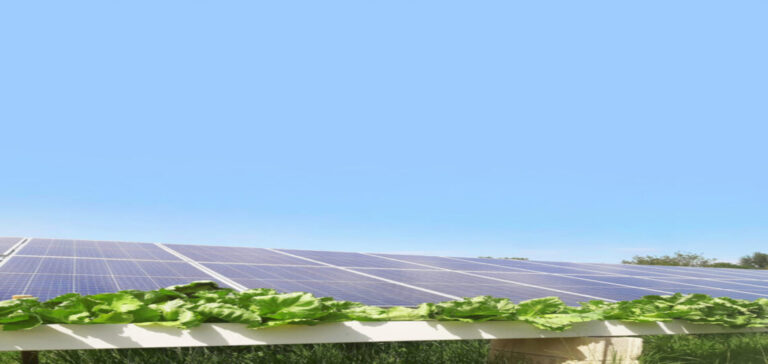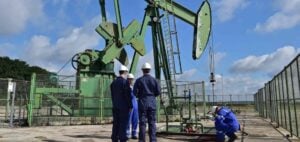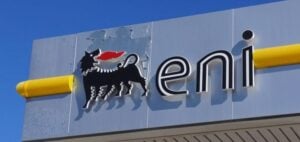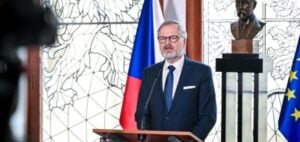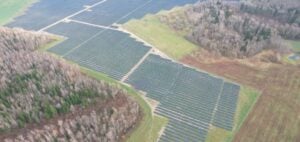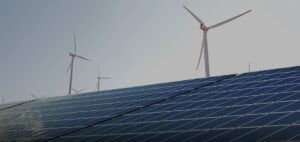Q ENERGY France and its partner, the start-up Aquacosy, are inaugurating a first hydrovoltaic prototype in the Tarn-et-Garonne, in Montauban. The company wants to be at the forefront in this field.
A first prototype
Q ENERGY France and Aquacosy inaugurated a hydrovoltaic prototype on the commune of Montauban in the Tarn-et-Garonne. Thus, the sector knows its first projects in France with a hydrovoltaic prototype, with an installed power of 9.3 kW. In addition, the prototype would enter service in August 2021.
The Q ENERGY France and Aquacosy project covers an area of 250 m2. The prototype has a hydraulic system with two gutters to collect rainwater. It also has a tank with a pump system.
The project of Q ENERGY France and Aquacosy wants to be an innovative energy tool for agriculture. Thus, it protects the growth of crops from frost, heat and wind. Finally, it preserves water resources.
A promising project
Hydroponics is a closed, soil-less growing system in which plants grow by their roots. The process takes place in water enriched with natural and bio-based nutrients. In addition, the Q ENERGY France and Aquacosy project is flexible and can be adapted according to needs.
The Q ENERGY France and Aquacosy prototype, which has been in operation for about a year, is showing promising results. Designed according to a CNRS protocol, the project is showing encouraging initial results in terms of agricultural production yield. Moreover, the prototype appears to be ideal on land with low agronomic value.
The first tests of the prototype show that the project has no negative environmental externalities. It allows to grow a 100% natural, diversified and densified production on 5 to 15 times less space. In addition, Q ENERGY France and Aquacosy aim to develop a project on a larger scale.

